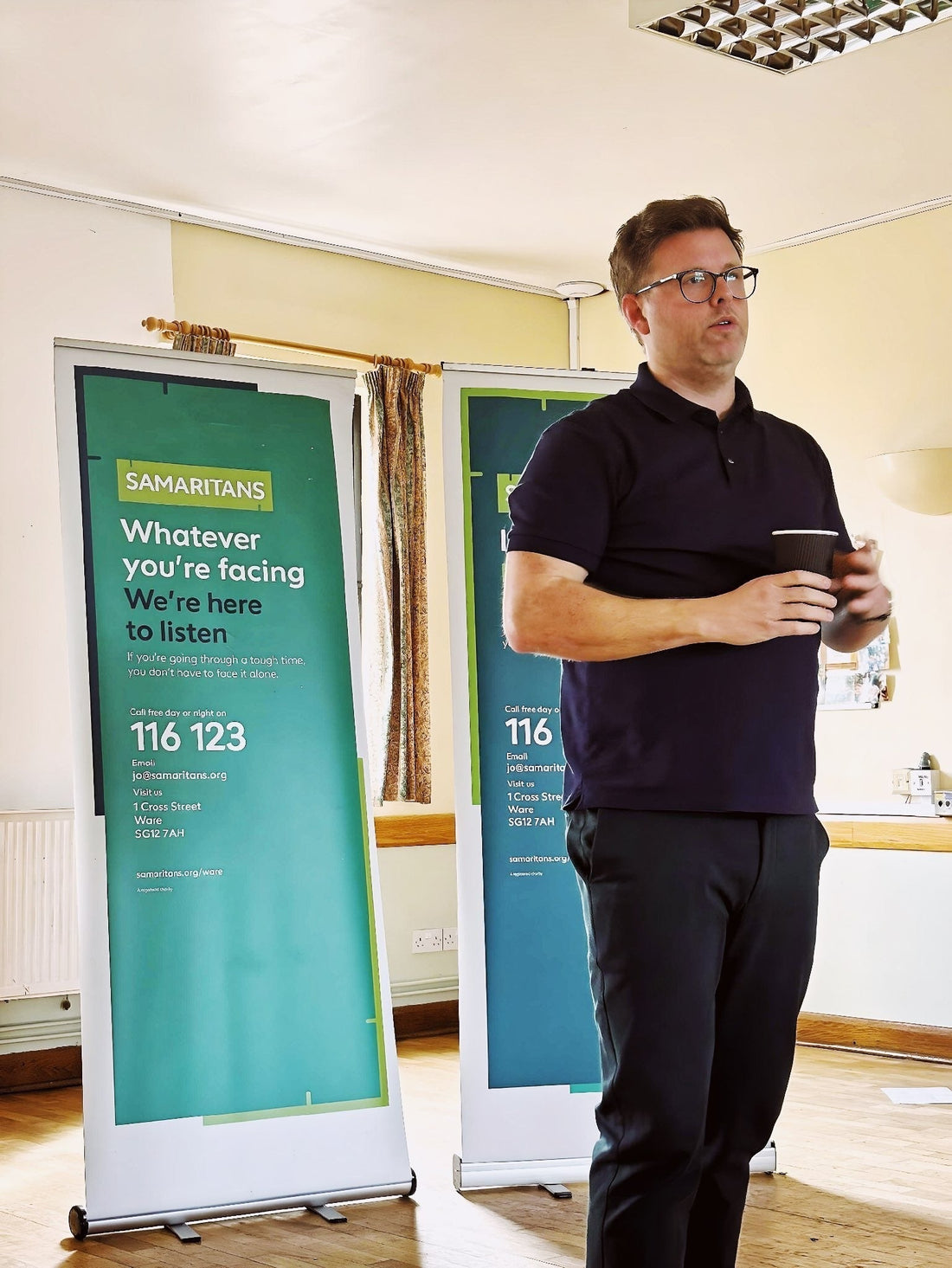Some people seem to thrive under pressure, excelling in their careers, creative pursuits, or personal goals—yet behind the scenes, they’re constantly battling anxiety. Living with both high performance and high anxiety is a paradox: it fuels success but can also be mentally and physically exhausting. Here’s a look at the pros and cons of this intense combination.
The Pros: Why High Anxiety Can Drive Success
1. Relentless Drive – Anxiety often pushes people to prepare extensively, work harder, and refine their skills. This results in a strong work ethic and high achievement.
2. Attention to Detail – A mind that constantly worries about mistakes is also one that rarely overlooks them. This leads to precision and excellence in work.
3. Quick Problem-Solving – Anxiety primes the brain for rapid response, making high-anxiety individuals adept at troubleshooting and crisis management.
4. Empathy and Awareness – Many high-anxiety individuals are deeply perceptive of others’ needs and emotions, making them effective leaders, communicators, and team players.
The Cons: The Hidden Costs of Constant Anxiety
1. Burnout and Fatigue – Running on adrenaline can lead to exhaustion, sleep problems, and even long-term health issues.
2. Imposter Syndrome – Even with success, anxious high-performers often feel they’re not good enough or that their achievements are a fluke.
3. Paralysis Under Pressure – While anxiety can be motivating, too much of it can cause decision paralysis, making it hard to take risks or trust instincts.
4. Struggle with Work-Life Balance – The drive for perfection often leads to overworking, leaving little room for rest, relationships, or self-care.
Finding Balance
If you recognize yourself in this, the key is to manage anxiety without losing the edge that makes you successful. Setting boundaries, practicing mindfulness, seeking therapy, and prioritizing rest can help maintain both performance and well-being.
High performance and high anxiety may go hand in hand, but they don’t have to control your life. The goal isn’t to eliminate anxiety entirely—but to work with it in a way that serves you rather than drains you.

